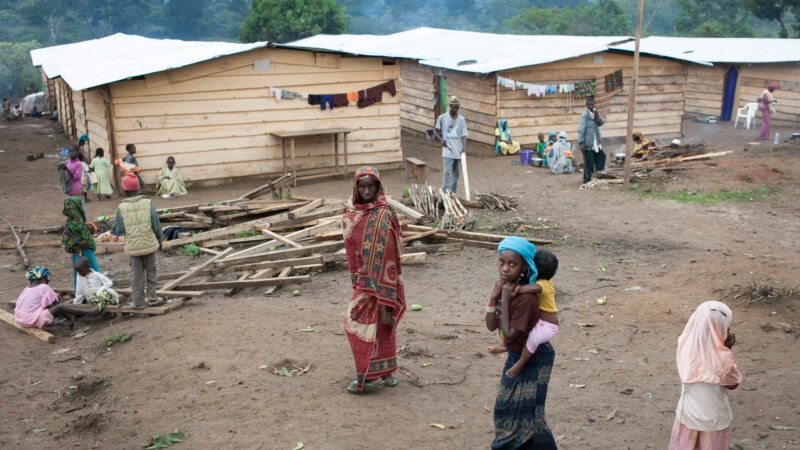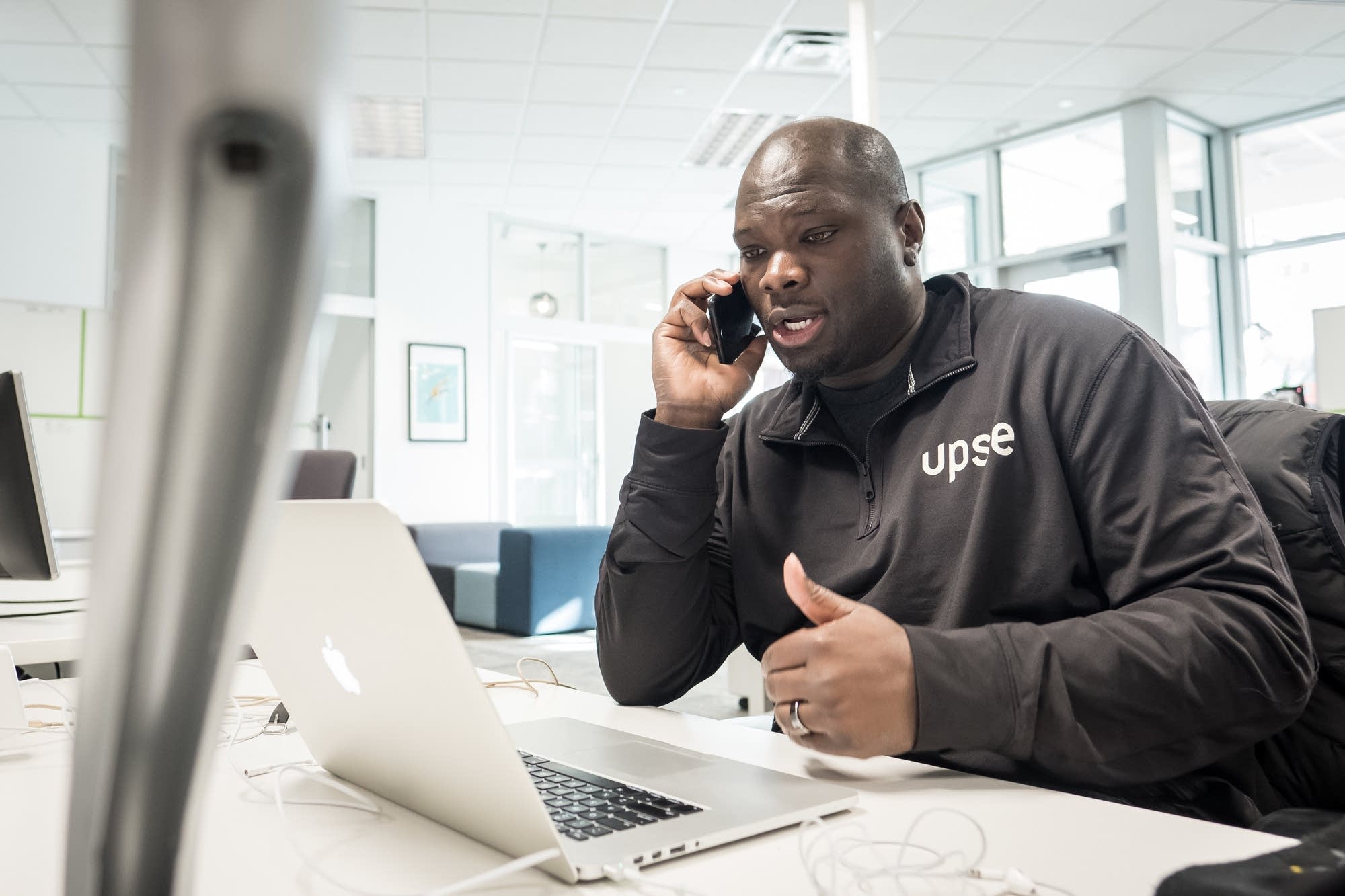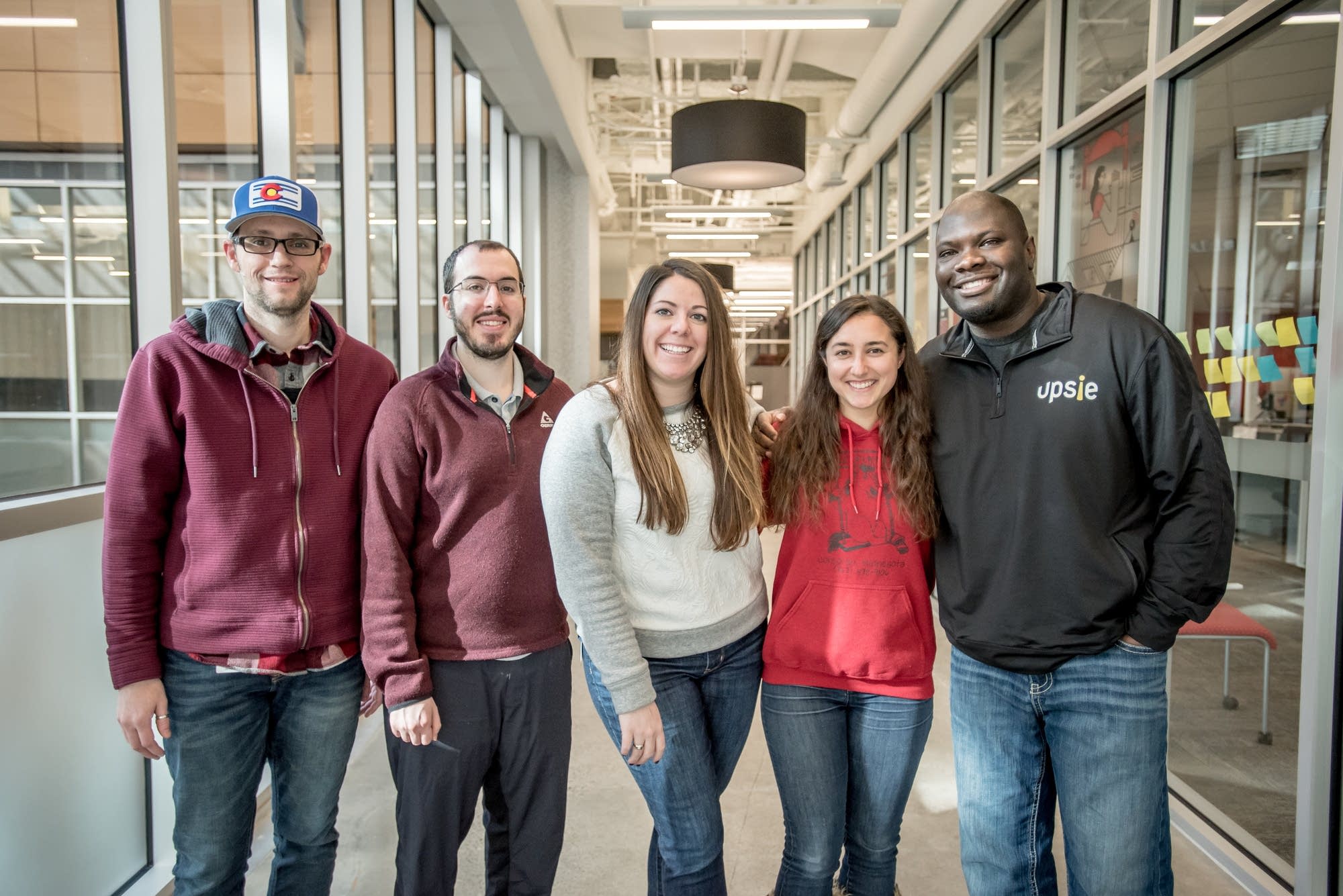

Increasing demand for long-haul truckers in the United States is drawing more African immigrants onto America’s roads. VOA’s Arzouma Kompaoré hitched a ride with African truckers whose routes to success stretch across the United States.
Source link


















